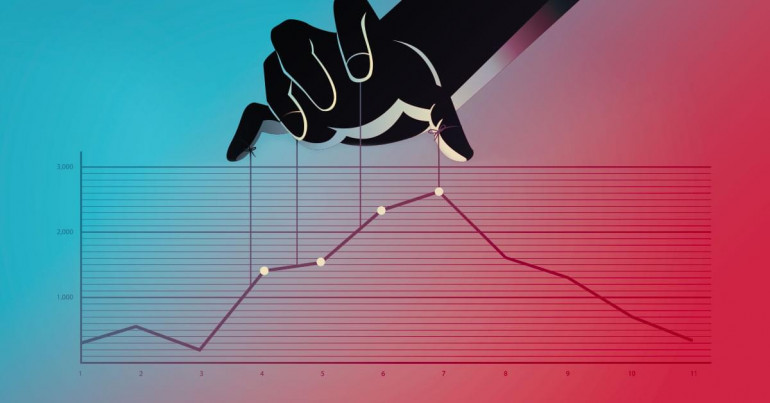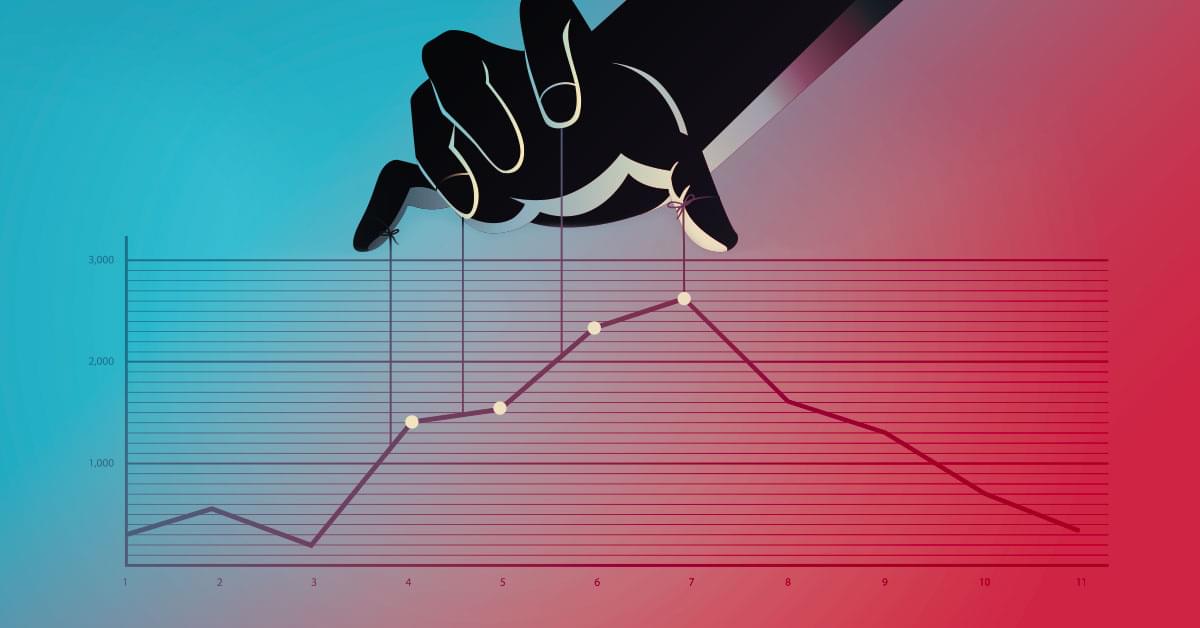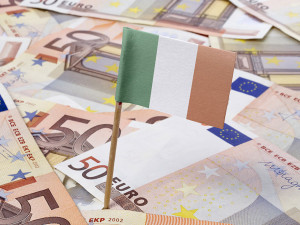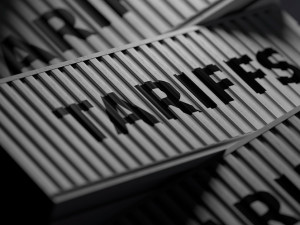
A currency war is a term used to describe a competitive manipulation of currency values between two or more countries.
Currency wars can often begin unintentionally and can happen when a country is attempting to sort out its own economic challenges such as slow growth, high unemployment, or trade imbalances. It can then become a currency war if a neighbouring country begins to respond with their own currency changes, triggering a cycle of economic moves that can become increasingly competitive.
Once a currency war becomes competitive, in order to gain an economic advantage, countries will intentionally alter the value of their own currency to influence international trade or exchange rates. Devaluing the currency is generally the strategy in a currency war, as it normally results in an increase in exports, as goods and services become cheaper, and therefore more attractive to foreign buyers. Increasing the value in a currency war is rare, but can in some cases also be a strategy.
The dangers of a currency war are huge, potentially causing the overall devolution of global currencies and the potential straining of huge parts of the global economy. Major economies will often intervene to prevent a currency war, and condemn unfair activity.

How can a currency’s value be changed?
A currency’s value can be determined by a multitude of factors, and is also not necessarily in line with the strength of the economy. For example, the shekel has a relatively low value in terms of world currencies, but then Israel’s economy is one of the strongest in the world. While the exchange rate is not necessarily congruent with the value of the economy, a frequently used and powerful currency often does have a high exchange rate.
Governments can implement measures to attempt to push the value of the currency down to promote economic activity and attract foreign investment. Devaluing a currency is dangerous, as while it can increase exports, it can damage economic growth and cause disruption to other areas of the economy.
Interest rate changes
Perhaps one of the most straightforward weapons a bank has to affect the value of a currency is raising interest rates. Raising interest rates often results in the currency increasing in value, and lowering interest rates generally leads to a decrease in value, as investors are less keen. This lowering of interest rates can make exports more competitive by making them more affordable for foreign buyers.
Quantitive Easing
One common way of reducing the value of a currency is to implement quantitative easing. Quantitative easing is essentially the process of creating more money, whereby a central bank will purchase financial assets such as bonds to increase the money supply. Quantitative easing is introduced for many reasons, but can still be used in this way.
Foreign Exchange Market Intervention
Governments and central banks can directly buy or sell their own currency on foreign exchange reserves in order to affect the price. Buying their own currency will increase the demand in the forex market, which can lead to an increase in value, and selling the currency can have the opposite effect, as the demand will be lessened.
Capital Controls
Simply imposing greater restrictions on trade across the border can affect the price of a currency. By limiting the movement of capital in and out of the country, the currency can begin to appreciate in value. In turn, lifting restrictions on the movement of capital in and out of the economy can cause a depreciation in the currency.
Governments and central banks will often implement a mixture of these methods in order to affect the price of the currency, and will decide on methods depending on their economy, the issues at hand, and the nature of the economic climate at the time.

What can happen in a currency war?
Currency wars become riskier as they become more competitive. A government or central bank might have control to begin with, but to then maintain the strategy against a rival country, they can be pushed further into devaluing their currency, perhaps beyond the limits of their economy.
Volatility and uncertainty in global and domestic markets is the main risk, as due to the value of the currencies being pushed down, and the competition that follows, the value of currencies can begin to lose their credibility, and trust in the market can be damaged.
Trade disruptions are another potential issue, as due to the devaluation, exports can be severely disrupted, or even permanently altered, causing trade conflicts and the collapse of businesses.
The erosion of cooperation and trust between global economies is also a concern, as this can make it much harder to prevent economic catastrophes in the future if major economic powers are locked in a competitive environment.
The competitive nature of a currency war can also push countries to start manipulating currency prices, perhaps even illegitimately. This can not only lead to economic troubles but also tensions between countries if their own economy is being affected as a result.
The international financial system is delicate, and with any of these scenarios, it can tip the balance. International cooperation and coordination are important to maintain economic harmony, and the snowballing effect of a currency war is enough to cause significant negative impacts to both domestic and global economies.

Recent currency wars
Two notable examples of fears of a currency war occurred in the 21st century. Currency wars are difficult to prove, and often a currency war is debated, even while it is occurring. Countries that are behind a currency war also have their own agenda, and often deny that their activity is directly causing a devaluation in their currency.
In 2010, during the Eurozone Debt Crisis, the European Central Bank began to take measures to take control of the situation and regain control over the euro through quantitative easing, structural reforms and austerity measures. These measures resulted in a currency devaluation, triggering tensions about its impact on trade relations.
In 2013, Japan introduced a series of monetary policies which aimed to lower the value of the yen in order to combat deflation and stimulate economic growth. However, their actions prompted many accusations around the world that Japan was creating an unfair advantage for its exports and starting a currency war. Japan maintained that they were only implementing the policies to combat deflation, and not to gain an economic advantage.
At CurrencyTransfer, we know that transparency around your currency is the most important thing. If you’re looking to transfer your currency, sign up today to create your account, and you’ll get an allocated account manager to assist you with your personal and business payments.
Caleb Hinton
Caleb is a writer specialising in financial copy. He has a background in copywriting, banking, digital wallets, and SEO – and enjoys writing in his spare time too, as well as language learning, chess and investing.



